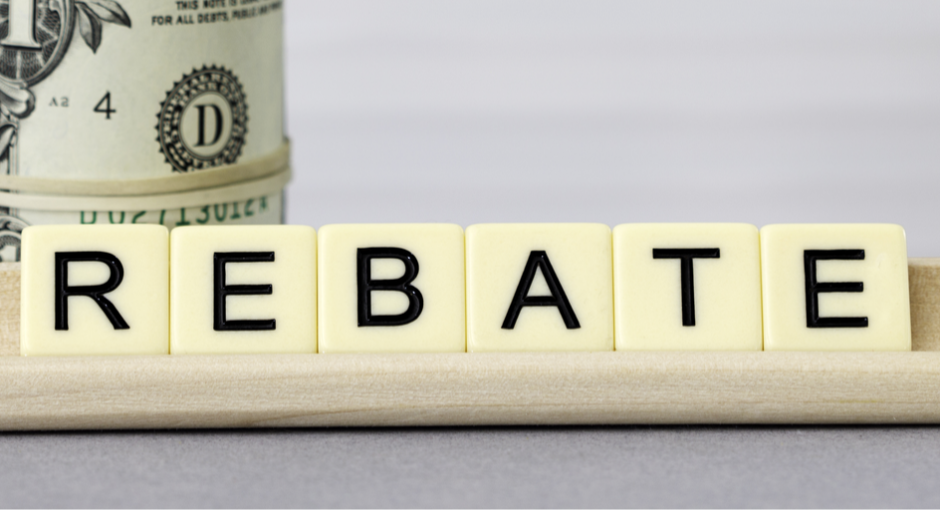In a concession to drug companies, Senate Democrats reportedly have agreed to delay by one year—from Jan. 1, 2023 to Jan. 1, 2024—the effective date of language in the $1.9 trillion COVID-19 relief bill that might lead to 340B ceiling prices on some branded drugs being set lower than $0.01.
News organizations report that drug industry lobbyists are trying to persuade lawmakers to remove the language entirely from the relief bill. Pharma’s challenge is that the language would reduce federal Medicaid spending by $15.9 billion over 10 years—money that congressional Democrats want to use to fund state Medicaid expansion.
The language would eliminate the cap on Medicaid drug rebates, now set at 100 percent of a drug’s average manufacturer price (AMP). Under the current Medicaid rebate calculation, if a drug’s price has risen sufficiently high enough relative to the inflation rate, the rebate owed could be equal to AMP, defined as what manufacturers charge wholesalers for drugs distributed to retail community pharmacies and what retail pharmacies pay when they buy direct. If the COVID-19 bill is passed as currently written, starting in 2024, the rebate owed could have a value greater than what manufacturers charge wholesalers and direct purchasers.
The implications for 340B drug ceiling prices are unclear. Some say the 340B program’s “penny pricing” policy, set out in a 2019 regulation, would prevent 340B prices from dipping below $0.01. Others say covered entities might argue that the penny pricing policy would be unenforceable because it would be based on outdated law.
News organizations also report this morning that the latest Senate Democratic draft of the COVID-19 relief bill would add $8.5 billion to the CARES Act Provider Relief Fund for rural hospitals. A bipartisan group of eight senators has been trying to get an additional $35 billion for the hospitals.


